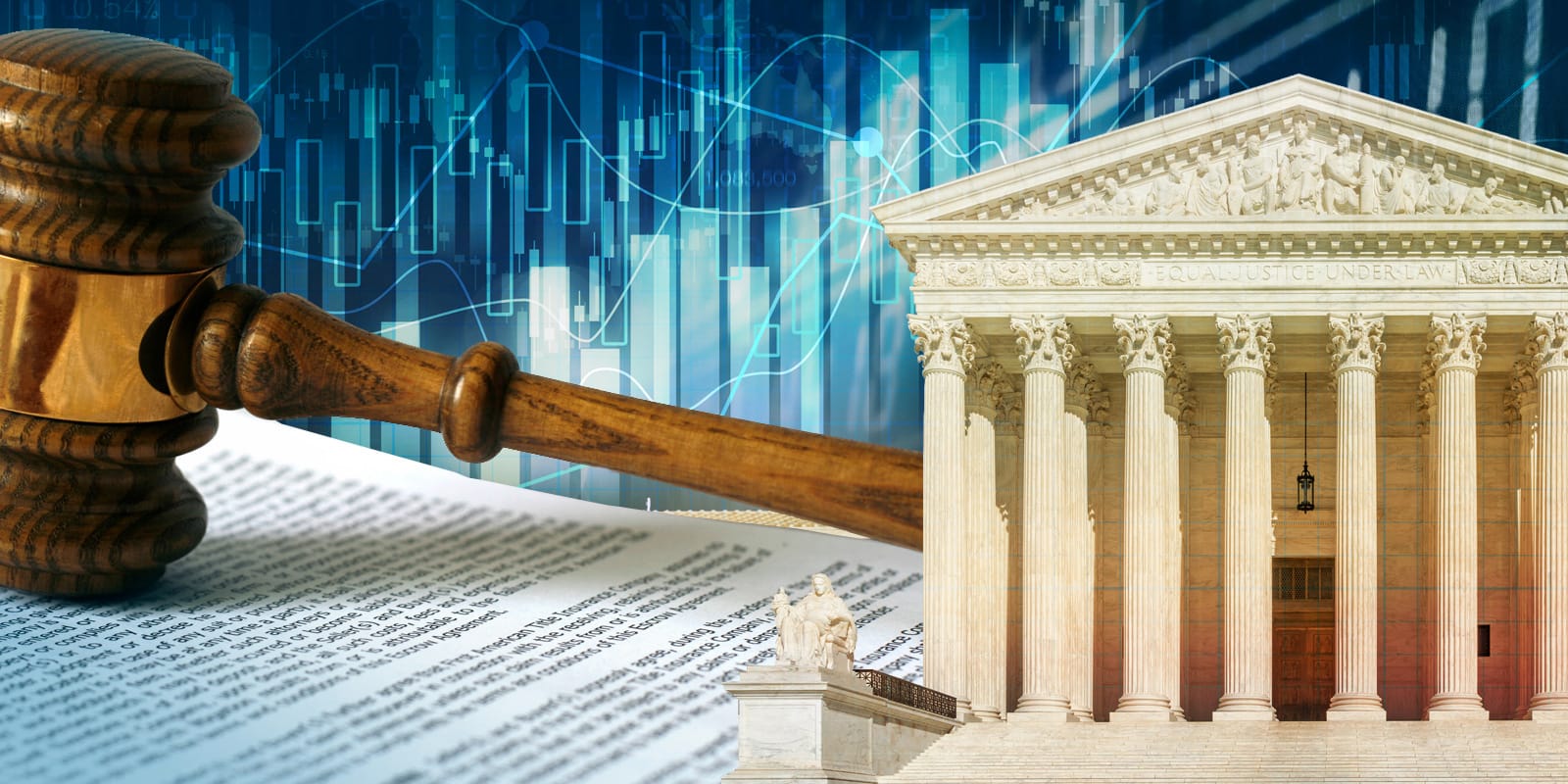Supreme Court Rejects Coinbase's Request to Block IRS Access to Crypto Records

The United States Supreme Court has opted not to review a case involving a Coinbase user’s attempt to shield his cryptocurrency transaction records from an Internal Revenue Service (IRS) summons. This decision, announced in an order on Monday, upholds lower court rulings that permit the IRS to access specific user data from Coinbase as part of its ongoing efforts to enforce tax compliance in the cryptocurrency sector.
The case, centered on Coinbase client James Harper, highlights the tension between digital privacy expectations and the government’s authority to investigate financial records held by third-party platforms. As cryptocurrency adoption grows, this ruling underscores the limited privacy protections for users’ financial data on exchanges like Coinbase.
The controversy began in 2016 when the IRS initiated an investigation into potential underreporting of capital gains from cryptocurrency transactions. To gather data, the agency issued a “John Doe” summons to Coinbase, one of the largest U.S.-based cryptocurrency exchanges, demanding records of high volume customers. James Harper, a Coinbase user, challenged the summons, arguing that it infringed on his Fourth Amendment rights by violating his reasonable expectation of privacy in his financial records. Harper’s petition sought to quash the IRS request for details of his account activity, including exchange dates, balances, and transaction counterparties.
Stay In The Loop and Never Miss Important Crypto News
Sign up and be the first to know when we publishLegal Battle
The U.S. Court of Appeals for the First Circuit, in a September ruling, rejected Harper’s claims. The court determined that Coinbase’s records were business documents, not private papers, and that the IRS had acted within its legal authority. Harper then appealed to the Supreme Court, urging the justices to reconsider the scope of privacy protections for digital financial records. The federal government, however, argued that Supreme Court precedent, notably United States v. Miller, establishes that individuals have no reasonable expectation of privacy in financial records held by third parties like Coinbase.
The Supreme Court’s decision not to hear Harper’s case leaves the First Circuit’s ruling intact. This outcome allows the IRS to proceed with its summons, granting access to certain Coinbase user data critical for identifying unreported taxable gains. For Harper and other Coinbase users, the ruling clarifies that financial records stored on third-party platforms are subject to government scrutiny under current law.
The broader context of the IRS’s actions reflects the agency’s increasing focus on cryptocurrency tax compliance. As digital assets have surged in popularity, the IRS has intensified efforts to ensure taxpayers report gains from crypto transactions. The Coinbase summons is part of a larger strategy to close the tax gap in an industry where anonymity and decentralized systems can complicate enforcement. This ruling reinforces the IRS’s ability to leverage third-party data in its investigations.
For cryptocurrency users, the Supreme Court’s decision serves as a reminder of the limited privacy safeguards for financial records held by centralized crypto exchanges. Unlike personal documents stored privately, data entrusted to platforms like Coinbase can be accessed through court approved summonses. This reality may prompt users to reassess how they manage their digital assets, particularly as tax authorities worldwide strengthen oversight of cryptocurrency transactions. The ruling also raises questions about the future of digital privacy in an era of expanding government reach into financial technology.
While the decision does not alter existing law, it highlights the challenges of applying traditional legal frameworks to modern digital platforms. Cryptocurrency advocates argue that such rulings could weaken privacy protections for users, potentially discouraging innovation in the sector. For now, Coinbase users and others on similar platforms must navigate a landscape where their financial data may be subject to IRS scrutiny, emphasizing the need for greater awareness of tax obligations and data privacy considerations in the crypto space.

